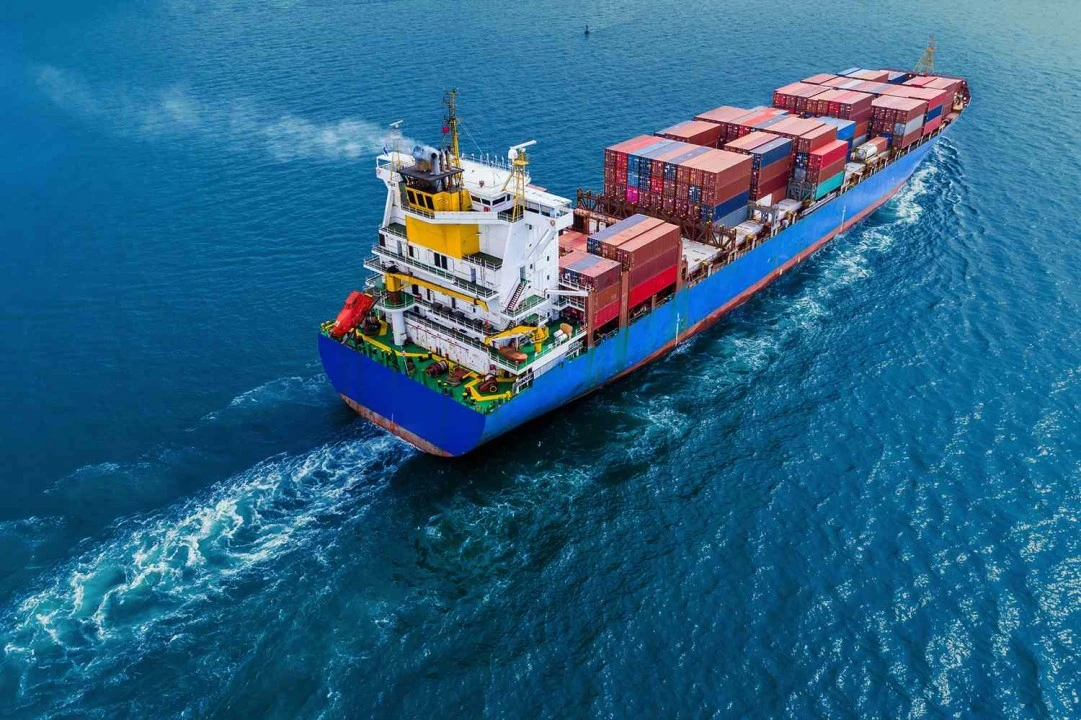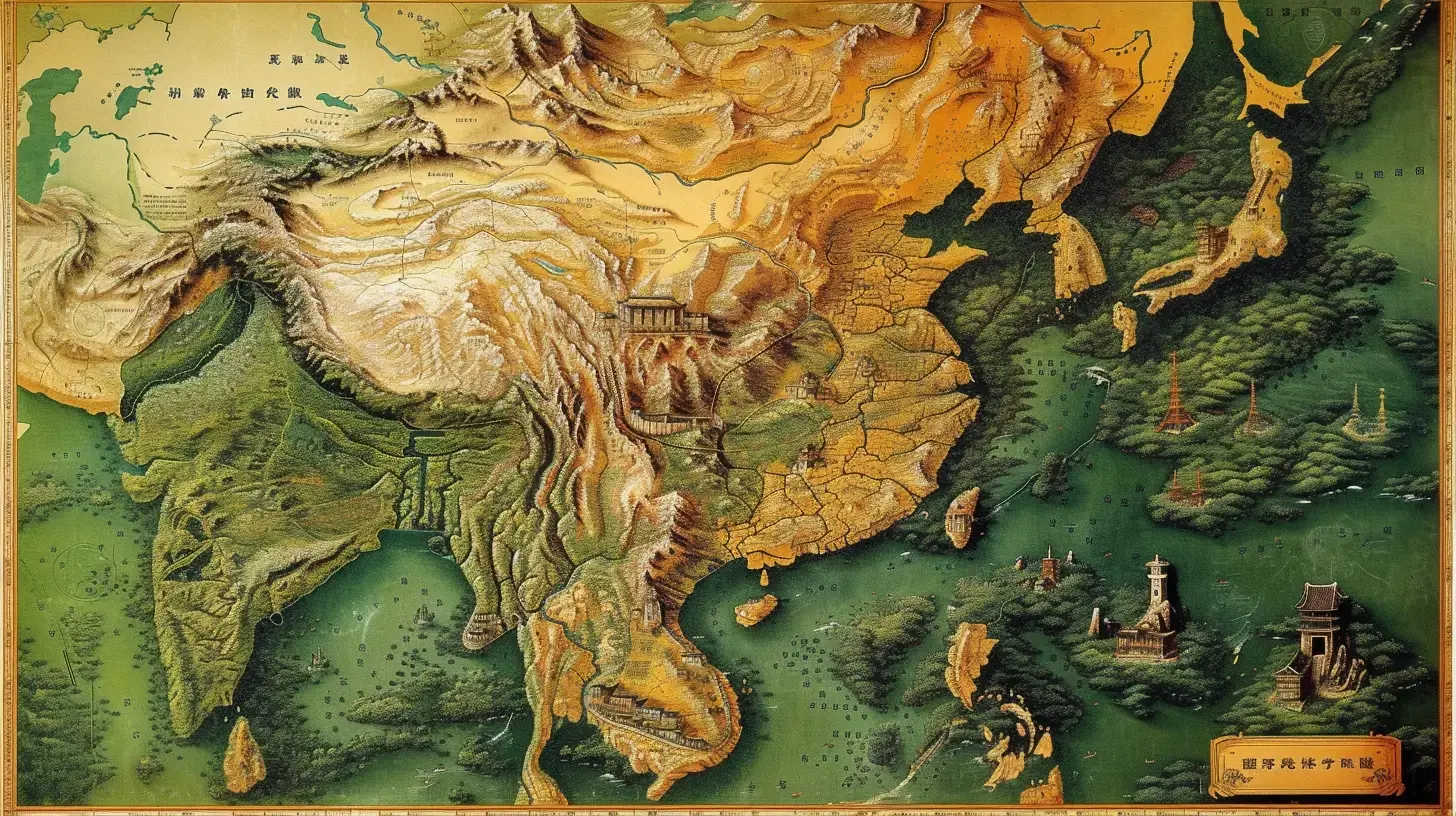Maritime disputes are complex issues that require a solid understanding of international law for fair and equitable resolutions. International law provides a framework and guidelines for countries to navigate these conflicts and ensure that their rights and interests are protected. By adhering to legal norms and procedures, nations can avoid unnecessary conflicts and maintain peaceful relations.
When it comes to maritime disputes, international law plays a crucial role in determining the extent of a country’s territorial waters, exclusive economic zones, and historical rights. These legal principles are rooted in treaties, conventions, and customary international law, which have evolved over time to address the complexities of maritime disputes.
One of the key aspects of international law relevant to maritime disputes is the United Nations Convention on the Law of the Sea (UNCLOS). UNCLOS is a comprehensive treaty that establishes legal norms and principles for the use and governance of the world’s oceans and seas. It defines the rights and responsibilities of states in their use of maritime resources and sets out the framework for resolving disputes.
The application of international law to maritime disputes involves interpreting and applying the relevant legal principles to the specific facts of each case. This requires a deep understanding of the legal framework, historical context, and the specific claims and counterclaims made by the disputing parties. It also involves considering the principles of equity, fairness, and the overall impact on regional stability and international relations.
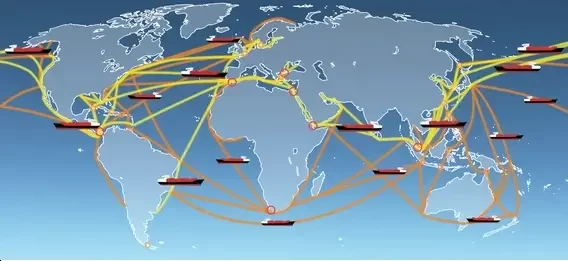
Historical Examples of Maritime Disputes and Their Resolutions
Throughout history, there have been numerous maritime disputes that have shaped the development of international law in this field. These historical examples provide valuable insights into the complexities and challenges associated with resolving maritime disputes.
One such example is the longstanding dispute between Greece and Turkey over the delimitation of their respective territorial waters in the Aegean Sea. This dispute has its roots in historical tensions between the two countries and has been a source of friction for decades. Efforts to resolve this dispute have involved diplomatic negotiations, legal arguments based on international law, and the involvement of international organizations such as the International Court of Justice (ICJ) and the United Nations.
In another example, the dispute between China and several Southeast Asian countries over the South China Sea has garnered significant attention in recent years. This complex dispute involves overlapping territorial claims, disputes over exclusive economic zones, and the strategic importance of the region. The parties involved have relied on historical evidence, legal arguments, and diplomatic negotiations to assert their claims and seek a resolution. However, the lack of a comprehensive regional agreement and differing interpretations of international law have made finding a resolution challenging.
Key Principles of International Law Relevant to Maritime Disputes
When it comes to resolving maritime disputes, several key principles of international law come into play. These principles help guide the decision-making process and ensure that disputes are resolved in a fair and equitable manner. Some of the key principles include:
- Sovereignty: Sovereignty is a fundamental principle of international law that recognizes the exclusive rights of states over their territory and resources. In the context of maritime disputes, sovereignty determines the extent of a country’s territorial waters and its rights over the adjacent sea.
- Equitable principles: Equitable principles, such as fairness and reasonableness, play a vital role in resolving maritime disputes. These principles help balance the competing interests of the disputing parties and ensure that the resolution is just and equitable.
- Good faith: Good faith is a fundamental principle of international law that requires states to act honestly and with sincerity in their dealings with one another. In the context of maritime disputes, good faith is essential for fruitful negotiations and the resolution of conflicts.
- Customary international law: Customary international law refers to the accepted practices and norms that have developed over time and are binding on all states. Customary international law plays a significant role in resolving maritime disputes, as it provides a basis for determining the legal rights and obligations of the disputing parties.
- Peaceful settlement: The principle of peaceful settlement encourages states to resolve their disputes through peaceful means, such as negotiation, mediation, and arbitration. This principle helps prevent the escalation of conflicts and promotes stability in the international community.
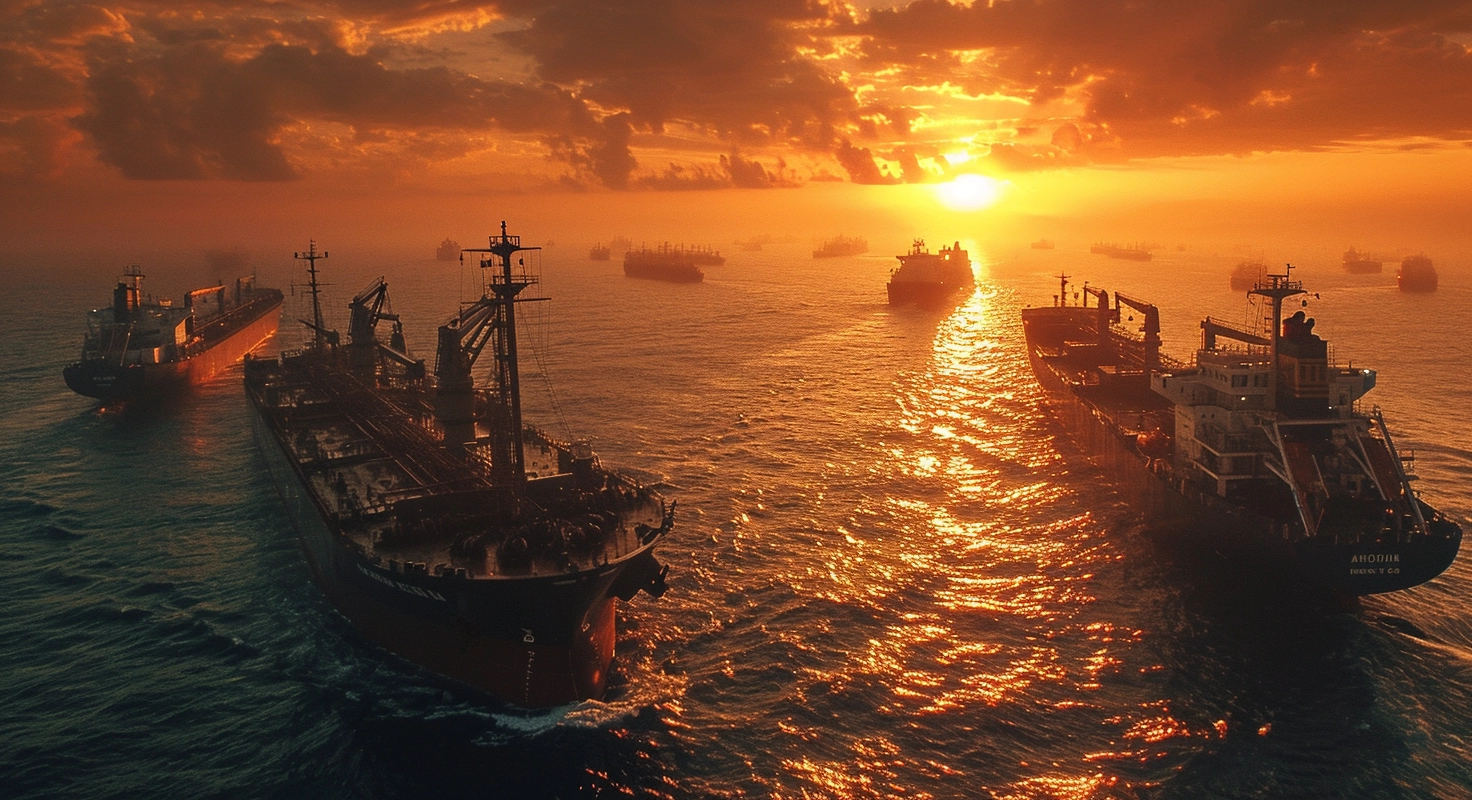
The Role of International Organizations in Resolving Maritime Disputes
International organizations play a crucial role in resolving maritime disputes by providing a platform for negotiations, facilitating dialogue, and offering expert advice. These organizations help ensure that disputes are resolved in a fair and impartial manner, taking into account the principles of international law.
One such organization is the International Court of Justice (ICJ), which is the principal judicial organ of the United Nations. The ICJ has jurisdiction to hear and decide disputes between states on a wide range of legal issues, including maritime disputes. Parties to a dispute can voluntarily submit their case to the ICJ for adjudication, or the ICJ can be called upon to provide advisory opinions on legal questions.
Another important organization is the International Tribunal for the Law of the Sea (ITLOS), which was established under UNCLOS to deal with disputes related to the interpretation and application of the convention. ITLOS has the authority to hear cases involving maritime boundary delimitation, fisheries disputes, and other matters related to the law of the sea. Its decisions are binding on the parties involved, providing a legal framework for resolving disputes.
In addition to these judicial bodies, international organizations such as the United Nations and regional organizations like the Association of Southeast Asian Nations (ASEAN) play a significant role in facilitating negotiations and promoting dialogue between disputing parties. These organizations provide a platform for diplomatic engagement, mediation, and the exchange of ideas, helping to create an environment conducive to resolving maritime disputes peacefully.
Case Studies of Ongoing Maritime Disputes and Their Implications
To gain a deeper understanding of the complexities and implications of maritime disputes, let’s explore some real-life case studies of ongoing conflicts:
- The South China Sea Dispute: The South China Sea dispute involves competing territorial claims by China, Vietnam, the Philippines, Malaysia, and Brunei. This dispute has significant implications for regional stability, as the South China Sea is a vital trade route and is believed to be rich in oil and gas reserves. The parties involved have engaged in a mix of diplomatic negotiations, legal arguments, and military posturing, highlighting the challenges of resolving complex maritime disputes.
- The Arctic Ocean Dispute: As the polar ice caps melt, the Arctic Ocean has become an area of increasing interest for its potential oil, gas, and mineral resources. The competing claims of Canada, Russia, the United States, Denmark, and Norway have raised concerns about the preservation of the fragile Arctic ecosystem and the need for a comprehensive regional agreement. Efforts to resolve this dispute have involved diplomatic negotiations, scientific research, and the establishment of the Arctic Council as a forum for dialogue and cooperation.
- The East China Sea Dispute: The East China Sea dispute centers around the sovereignty of the Senkaku/Diaoyu Islands, which are claimed by Japan, China, and Taiwan. This dispute has strained relations between the countries involved and has led to increased military tensions in the region. Efforts to resolve the dispute have involved diplomatic negotiations, legal arguments, and the establishment of a crisis management mechanism to prevent accidental clashes.
These case studies highlight the complexities and challenges associated with maritime disputes. They demonstrate the importance of international law in providing a legal framework for resolving conflicts and the need for diplomatic engagement and dialogue to find peaceful solutions.
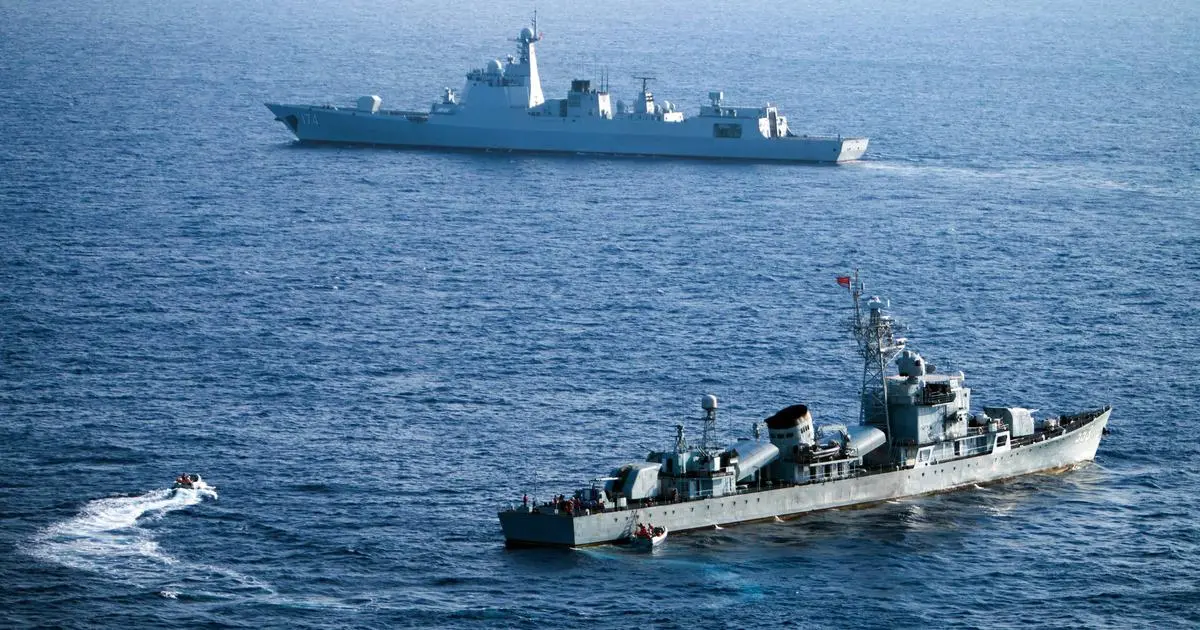
The Impact of Maritime Disputes on International Relations and Trade
Maritime disputes have far-reaching implications for international relations and global trade. The unresolved conflicts can lead to tension between countries, strain diplomatic relations, and even escalate into armed conflicts. The potential consequences of maritime disputes include:
- Regional instability: Maritime disputes can destabilize entire regions, as countries become increasingly concerned about their territorial integrity and national security. The lack of a resolution can lead to military build-ups, the deployment of naval forces, and the risk of accidental clashes, heightening tensions and undermining regional stability.
- Impact on trade routes: Many maritime disputes involve strategically important trade routes, such as the South China Sea and the Strait of Hormuz. These routes are vital for the transportation of goods, energy resources, and raw materials, and any disruption can have a significant impact on global trade and the global economy.
- Environmental concerns: Maritime disputes can have serious environmental consequences, particularly in areas rich in natural resources. The exploration and exploitation of oil and gas reserves, for example, can lead to pollution, habitat destruction, and the depletion of marine biodiversity. Resolving maritime disputes is crucial for ensuring the sustainable use and conservation of marine resources.
- Diplomatic tensions: Maritime disputes can strain diplomatic relations between countries, making it difficult to cooperate on other issues of mutual interest. Disputes over maritime boundaries and resources can overshadow other areas of cooperation and hinder efforts to build trust and promote regional integration.
Addressing these challenges requires a multifaceted approach that combines diplomatic negotiations, adherence to international law, and the involvement of international organizations. By resolving maritime disputes peacefully and in accordance with international law, countries can foster stability, promote economic development, and safeguard the marine environment.
Ways to Prevent and Resolve Maritime Disputes Peacefully
Preventing and resolving maritime disputes peacefully is essential for maintaining stability, promoting cooperation, and ensuring the sustainable use of marine resources. Here are some key strategies and approaches that can help achieve these objectives:
- Diplomatic negotiations: Diplomatic negotiations are a fundamental tool for resolving maritime disputes. Engaging in constructive dialogue, exploring mutually acceptable solutions, and demonstrating a willingness to compromise are essential for finding peaceful resolutions. The involvement of impartial mediators can also help facilitate negotiations and bridge the gaps between the disputing parties.
- Dispute resolution mechanisms: Establishing dispute resolution mechanisms, such as arbitration or mediation, can provide a structured and impartial process for resolving maritime disputes. These mechanisms can help overcome political obstacles, provide legal clarity, and ensure compliance with international law.
- Regional cooperation: Encouraging regional cooperation and dialogue can help build trust, establish common norms and principles, and foster a culture of peaceful dispute resolution. Regional organizations such as ASEAN, the European Union, and the Arctic Council play a vital role in promoting regional cooperation and facilitating negotiations between disputing parties.
- Scientific research and data sharing: Scientific research and the sharing of data can help inform the resolution of maritime disputes by providing objective information on issues such as maritime boundaries, natural resource distribution, and environmental impact assessments. Access to accurate and reliable data can help reduce uncertainties and facilitate negotiations.
- Confidence-building measures: Implementing confidence-building measures, such as joint patrols, information sharing, and the establishment of hotline communications, can help prevent accidental clashes and reduce tensions between disputing parties. These measures build trust and create an atmosphere conducive to peaceful resolutions.
By adopting these strategies and approaches, countries can work towards preventing maritime disputes and finding peaceful resolutions when conflicts arise. The commitment to upholding international law and engaging in constructive dialogue is crucial for ensuring stability, fostering cooperation, and protecting the marine environment.

The Future of Maritime Disputes and the Role of International Law
As the global community becomes increasingly interconnected, the importance of international law in resolving maritime disputes will continue to grow. The complexities and implications of these disputes require a solid legal framework and an adherence to established principles and norms.
The future of maritime disputes will be shaped by evolving geopolitical dynamics, the need for sustainable resource management, and technological advancements. As new challenges arise, international law will need to adapt and respond to ensure the fair and equitable resolution of conflicts.
At the same time, the role of international organizations and diplomatic engagement will remain crucial in facilitating negotiations, providing expert advice, and promoting peaceful resolutions. The involvement of impartial mediators and the establishment of effective dispute resolution mechanisms will help bridge the gaps between disputing parties and ensure that conflicts are resolved in a manner that respects the rights and interests of all stakeholders.
By upholding international law, promoting dialogue, and fostering cooperation, the global community can work towards preventing maritime disputes, resolving conflicts peacefully, and preserving the world’s oceans and seas for future generations.
The Importance of Upholding International Law in Resolving Maritime Disputes
Maritime disputes are complex issues that require a thorough understanding of international law for fair and equitable resolutions. International law provides a framework and guidelines for countries to navigate these disputes, ensuring that their rights and interests are protected.
By upholding international law, countries can avoid unnecessary conflicts, maintain peaceful relations, and promote stability in the international community. The principles of sovereignty, equity, good faith, customary international law, and peaceful settlement are fundamental in resolving maritime disputes.
International organizations, such as the ICJ and ITLOS, play a crucial role in facilitating negotiations, providing expert advice, and upholding the principles of international law. The involvement of these organizations helps ensure that disputes are resolved in a fair and impartial manner, taking into account the complexities and implications of each case.
As maritime disputes continue to shape international relations and global trade, the commitment to upholding international law becomes increasingly important. By preventing conflicts, finding peaceful resolutions, and safeguarding the marine environment, countries can work towards a more stable, cooperative, and sustainable future.
In conclusion, the understanding and application of international law in maritime disputes are essential for maintaining peace, promoting cooperation, and ensuring the fair and equitable resolution of conflicts. By upholding the principles of international law, the global community can navigate the complexities of maritime disputes and work towards a more harmonious and prosperous world.
If you found this exploration insightful, we encourage you to delve further into the intricacies of global conflicts by reading our comprehensive article on the Russia-Ukraine War, where we shed light on another critical arena of international relations.

